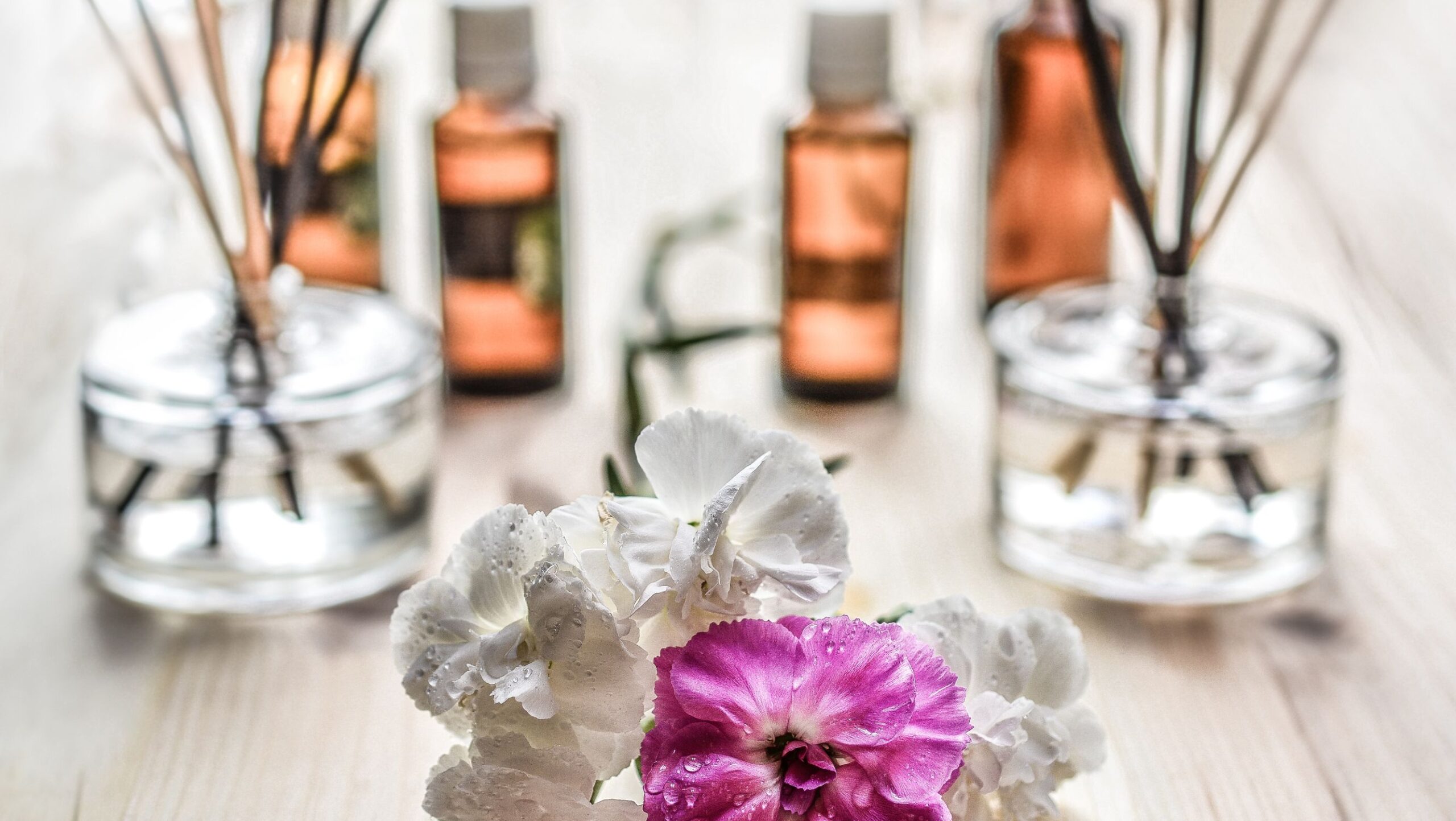Imagine walking into a hotel lobby. Before you even notice the décor or check the reception desk, a subtle fragrance greets you. It’s clean, welcoming, and instantly calming. Without even realising it, your mood has shifted. This is no accident — it’s a carefully designed experience that businesses are increasingly tapping into through scent marketing.
Our sense of smell often works in the background, influencing how we feel about people, places, and even decisions. While we might focus on visual appeal or sound when creating first impressions, scent has an unmatched ability to trigger memory and emotion.
Why Smell Matters So Much
Smell is directly linked to the limbic system, the part of the brain responsible for emotions and memory. Unlike sight or hearing, which pass through more complex processing, scents go straight to the emotional centre. That’s why a whiff of sunscreen can instantly transport you to childhood beach holidays, or the smell of fresh bread can make you feel at home.
When it comes to first impressions, these associations happen in seconds. A pleasant scent can create a sense of comfort and trust, while an unpleasant or overwhelming one can leave a negative imprint that’s hard to shake.
First Impressions Are Multisensory
Most people think first impressions are only visual: a clean outfit, a bright smile, an attractive space. But true impressions are built from a combination of senses. The music playing in a store, the firmness of a handshake, or the lighting in a café all play a role. Scent adds another dimension, often the one that tips the scales toward a positive or negative reaction.
This is why environments that smell fresh and inviting feel instantly more appealing. It’s not just about covering up odours — it’s about deliberately creating an atmosphere.
Everyday Examples of Smell in Action
You’ve likely encountered scent-driven experiences without even realising it. Some common examples include:
- Retail stores: Clothing shops often use light fragrances to encourage shoppers to linger.
- Real estate: Agents bake cookies or light subtle candles before showings to make a property feel more homely.
- Hospitality: Hotels design signature scents to be instantly recognisable and associated with relaxation.
- Workplaces: Offices sometimes use fresh or citrus scents to promote alertness and reduce stress.
These subtle choices add up to powerful, lasting impressions.
The Emotional Layer of Smell
Smell doesn’t just influence memory — it shapes emotions in real time. Lavender can promote calm, citrus can energise, and vanilla can comfort. Businesses and individuals can use these associations intentionally to set the tone for an interaction.
Even in personal situations, scent plays a role. Perfume or aftershave can enhance presence without a word being spoken. A freshly cleaned home, lightly scented with something natural, makes guests feel welcome before the host even says hello.
How to Use Scent to Your Advantage
Harnessing the power of smell doesn’t require complicated strategies. A few simple steps can make a big difference in shaping impressions:
- Keep it subtle – Strong or overpowering fragrances can be off-putting. Aim for light and inviting.
- Match the mood – Choose scents that align with the atmosphere you want. For example, warm vanilla for comfort or crisp citrus for freshness.
- Stay consistent – Using the same scent regularly builds recognition and positive association.
- Avoid clashing – Be mindful of combining multiple scents in one space, as they can compete or overwhelm.
The Science Meets the Human Touch
What makes scent so powerful is the combination of biology and psychology. Science explains how quickly we process smells, but it’s the human experiences tied to them that make the impact lasting. A café might use coffee aromas to entice customers, but it’s the association with warmth, energy, and comfort that keeps people coming back.
Beyond Business: Personal First Impressions
While companies invest heavily in the way spaces smell, individuals can also benefit. Choosing a personal fragrance, using fresh flowers at home, or keeping indoor spaces clean and lightly scented can enhance how others perceive you. These small efforts communicate thoughtfulness and care, even before words are exchanged.
Why Subtlety Is Key
It’s easy to assume that if a little scent is good, more must be better. But first impressions are about balance. An overwhelming fragrance can quickly turn from pleasant to intrusive. The real art lies in subtlety — a background note that enhances, rather than dominates, the overall experience.
Smell as the Hidden Influencer
We often say “you never get a second chance to make a first impression.” While sight and sound play their obvious roles, smell quietly works behind the scenes, often holding the most influence. Whether in a shop, at a meeting, or welcoming guests into your home, the right scent can set the tone for everything that follows.
So next time you want to leave a lasting impression, remember: sometimes it’s the things people don’t consciously notice that matter the most.


